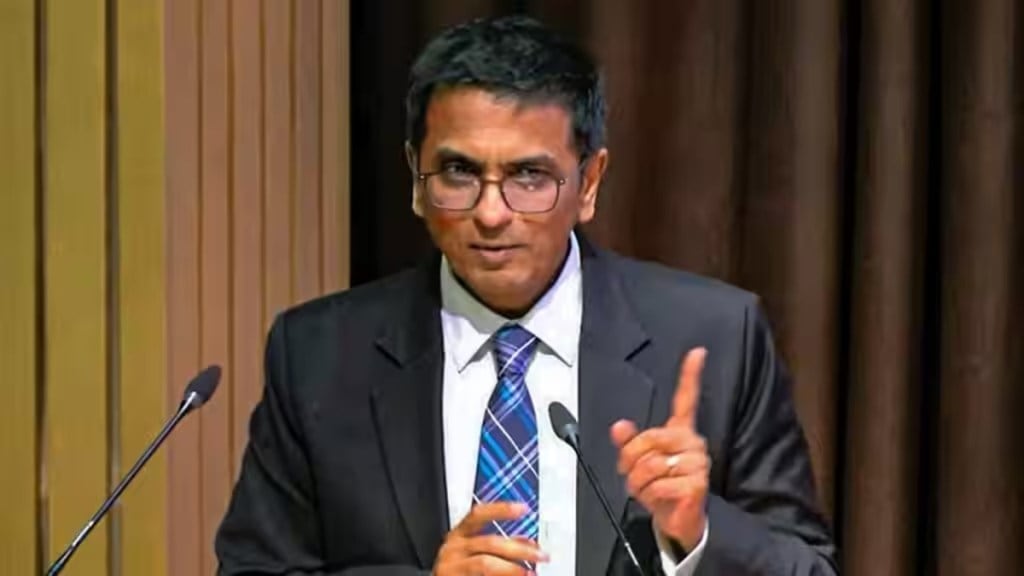Chief Justice of India D Y Chandrachud on Saturday said identity and its recognition by the State plays a crucial part in what resources people get and their ability to express their grievances and demand their rights.
Addressing the plenary session of the 36th ‘LAWASIA’ conference, the Chief Justice focused on the theme of “Identity, the Individual and the State – New Paths to liberty”, emphasising that liberty is linked to an individual’s capacity to make choices and alter the course of their lives.
“As lawyers, we are constantly confronted with this intersection and the role of the State to limit or expand the life opportunities of the people. While the relationship between the state and liberty has been understood widely, the task of establishing and explaining the relationship between identity and liberty is incomplete,” he said.
Traditionally, liberty has been perceived as the absence of State interference in personal choices, but contemporary scholars, as noted by Chief Justice Chandrachud, recognise the State’s role in perpetuating social biases and hierarchies.
Also Read: Rajasthan Elections 2023: Congress poll manifesto promises caste census, 10 lakh jobs and more
“In effect, whether the state does not intervene, it automatically allows communities with social and economic capital to exercise dominance over communities who have been historically marginalised,” he explained.
Referencing John Stuart Mill’s work on Liberty, published in 1859, the Chief Justice highlighted Mill’s exploration of the struggle between liberty and authority and the necessity for citizens to control governmental tyranny.
In the digital age, Chief Justice Chandrachud expressed the complexities arising from Artificial Intelligence (AI), stating, “There is a complex interplay between Artificial Intelligence (AI) and personhood where we find ourselves navigating uncharted territories that demand both philosophical reflection and practical considerations.”
He drew attention to the example of the human-like robot, Sophia, being granted citizenship in Saudi Arabia, posing the question of whether all individuals, irrespective of their identity, should be entitled to personhood and citizenship.
“We must broaden our perspectives,” the Chief Justice asserted, highlighting the need for pluralism and diversity at the core of the notion of popular sovereignty.
In the Indian context, he highlighted the constitutional mandate for affirmative action in favour of Scheduled Castes, Scheduled Tribes, and Backward Classes.

